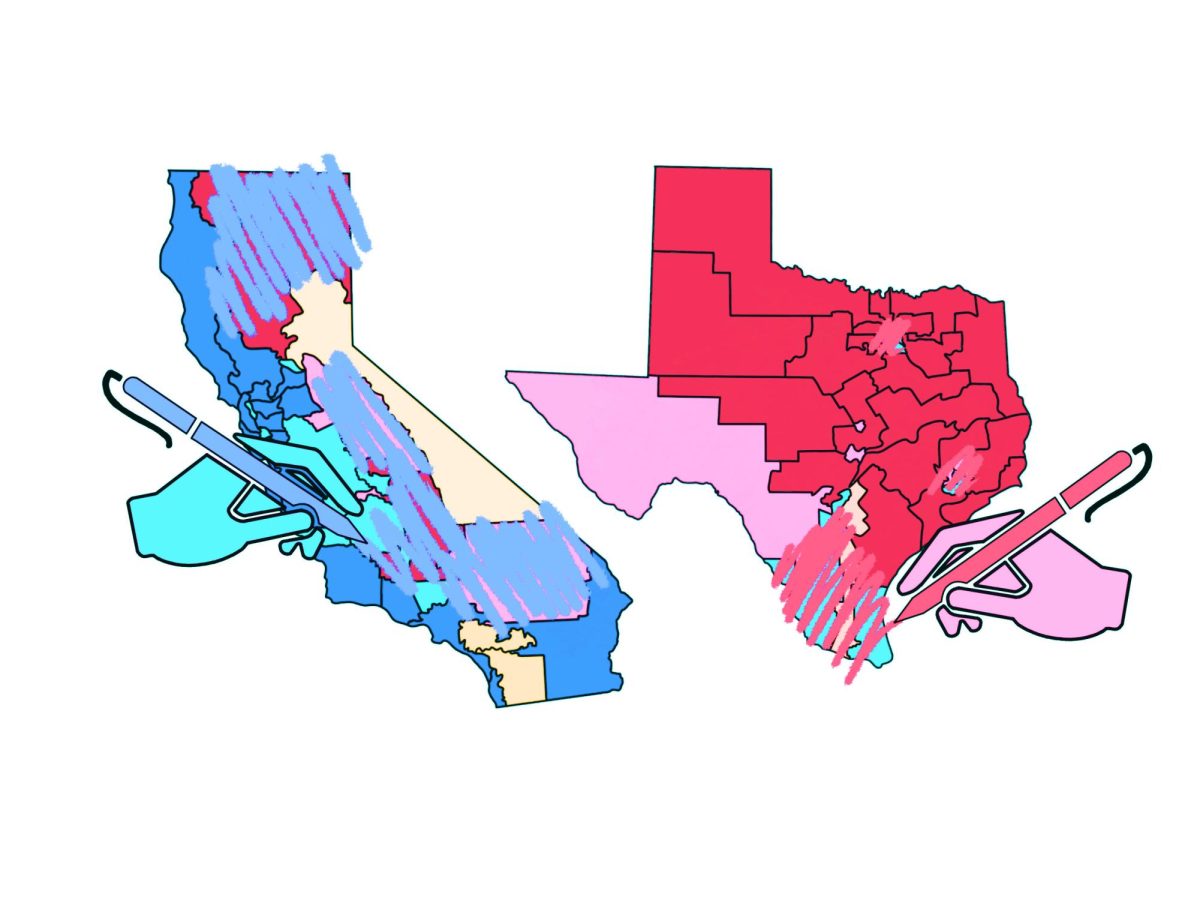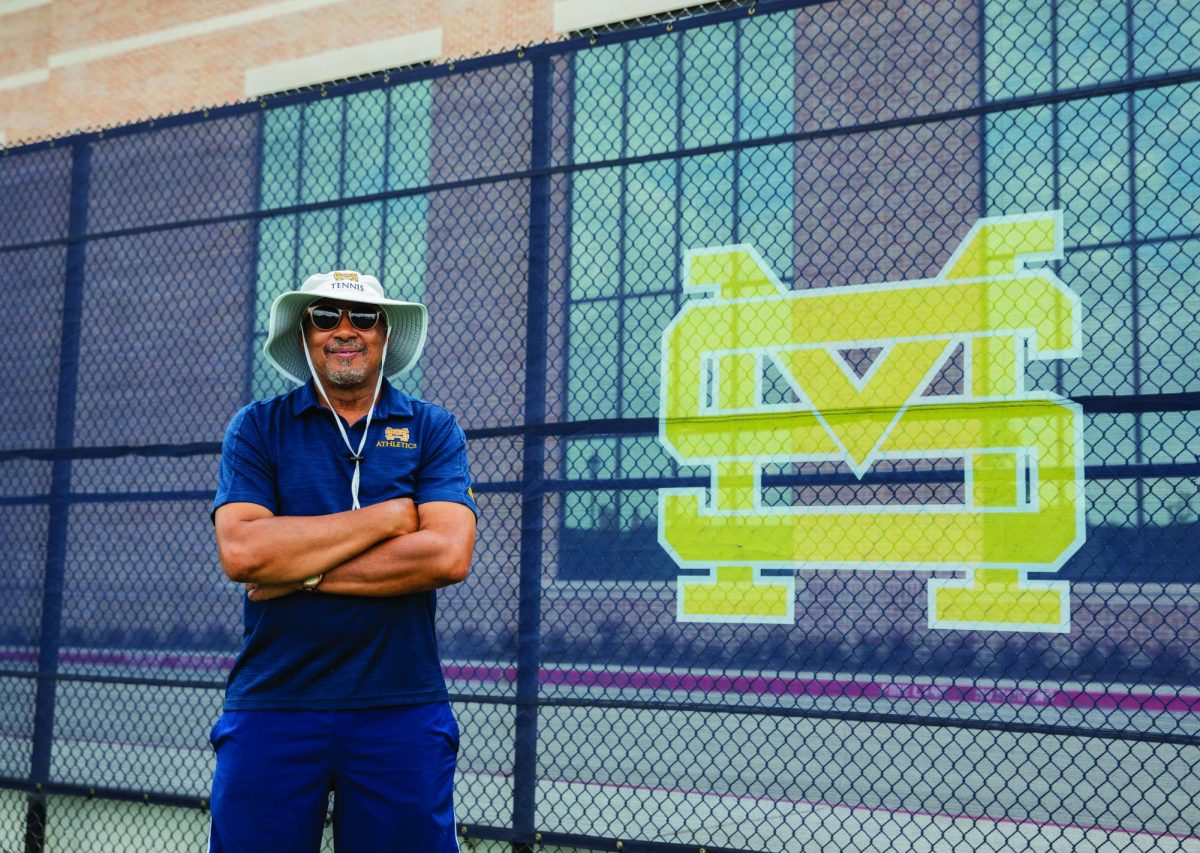It’s almost midnight, and his last assignment of the night is finally completed. A feeling of fulfillment washes over him as he flops onto his bed with his phone, intending to catch up with his friends on social media and scroll through some feeds to finally take his mind off school.
After a while of immersing himself in his phone, he reposts a sarcastic Instagram post on his public story, hoping to get a laugh out of his friends the next day at school.
People will get the joke — if they get offended, it’s not my fault that they’re too sensitive.
After all, it made him laugh, and his friends will probably think that it’s funny too.
However, in those fleeting 10 seconds of impulsivity, he carved a permanent imprint online, with his data being stored indefinitely on social media servers.
Because of 10 seconds, other parents, teachers or even future employers will potentially see what he reposted.
In those 10 seconds, he unconsciously wandered into a labyrinth ensnared with pitfalls.
Situations like this resonate with numerous students across the nation, prompting them to wonder what’s going to happen next. With technology usage on a continual rise, especially with social media platforms continuing to grow, digital responsibility is emerging as a significant concern in the online world.
For computer science instructor Ivann Grande, addressing the effects that online actions can have on future endeavors is a major theme in the early portions of the computer science curriculum, which emphasizes digital citizenship before sixth grade.
“We cover information like plastering social security information and numbers, checking spam emails, opening links you don’t recognize, sharing content on social media, knowing what’s appropriate and not appropriate and making sure that you’re careful,” Grande said. “So, we cover digital citizenship with our students as soon as we can.”
With a basic understanding of proper online etiquette, Grande believes that students also need to realize that with digital corporations like Snapchat, Instagram or TikTok, everything that is posted is available until the end of time. Even when a post on social media is deleted immediately, the data remains permanent even if nobody sees it.
“A majority of people don’t realize that, for example, when you’re looking at a Reel on Instagram, they don’t just track how many likes and comments it has or how many times it’s been watched,” Grande said. “They also track how long you’ve been watching it and how many times you’ve had it repeat on your end. They track a lot more information than you might realize.”
With so much accessible information, a person’s digital presence can either positively or negatively affect their future. College counselor Josh Shandera understands that whether it be for college or job opportunities later in life, digital footprints can serve as quick, shallow background checks.
“In general, with the college process there’s just too much volume, there’s too many applicants,” Shandera said. “There’s not enough time for an admissions reviewer to go through and read an application and then go dig into this person’s life and look up their Instagram account. There just isn’t really time for that.”
However, while an admissions reviewer may not take a deep dive into someone’s online presence, just one negative interaction online that resurfaces is enough to severely damage a person’s application or nullify one’s chances of being accepted into a college.
“If you’ve put something negative out there and someone finds out that you’ve applied for this school or gotten into this school, and someone else knows about this content that you’ve put out there, they can always bring that to the attention of the school,” Shandera said. “I think that’s what you see in the big headlines about a person’s offer (being) rescinded — it’s because of something that they had (posted) out there.”
In addition to college applications, one’s digital trail, even a post from a decade ago, plays a role in the evaluation of their job application.
“I have known that some of my employers have looked through to see what my digital presence is and if there is anything alarming up front,” Shandera said. “It may not be a super deep dive, but it’s just a quick Google or something to see what are you putting out there.”
As technology continues to integrate with society, the repercussions of harmful online activity become greater.
“It would be good to sweep through your stuff and see what you’ve posted, commented and left on the Internet in general,” Shandera said. “Also, having your parents look through your (digital footprint) with you gives you another perspective on how other people might see stuff, and it’s from people who know your life.”













